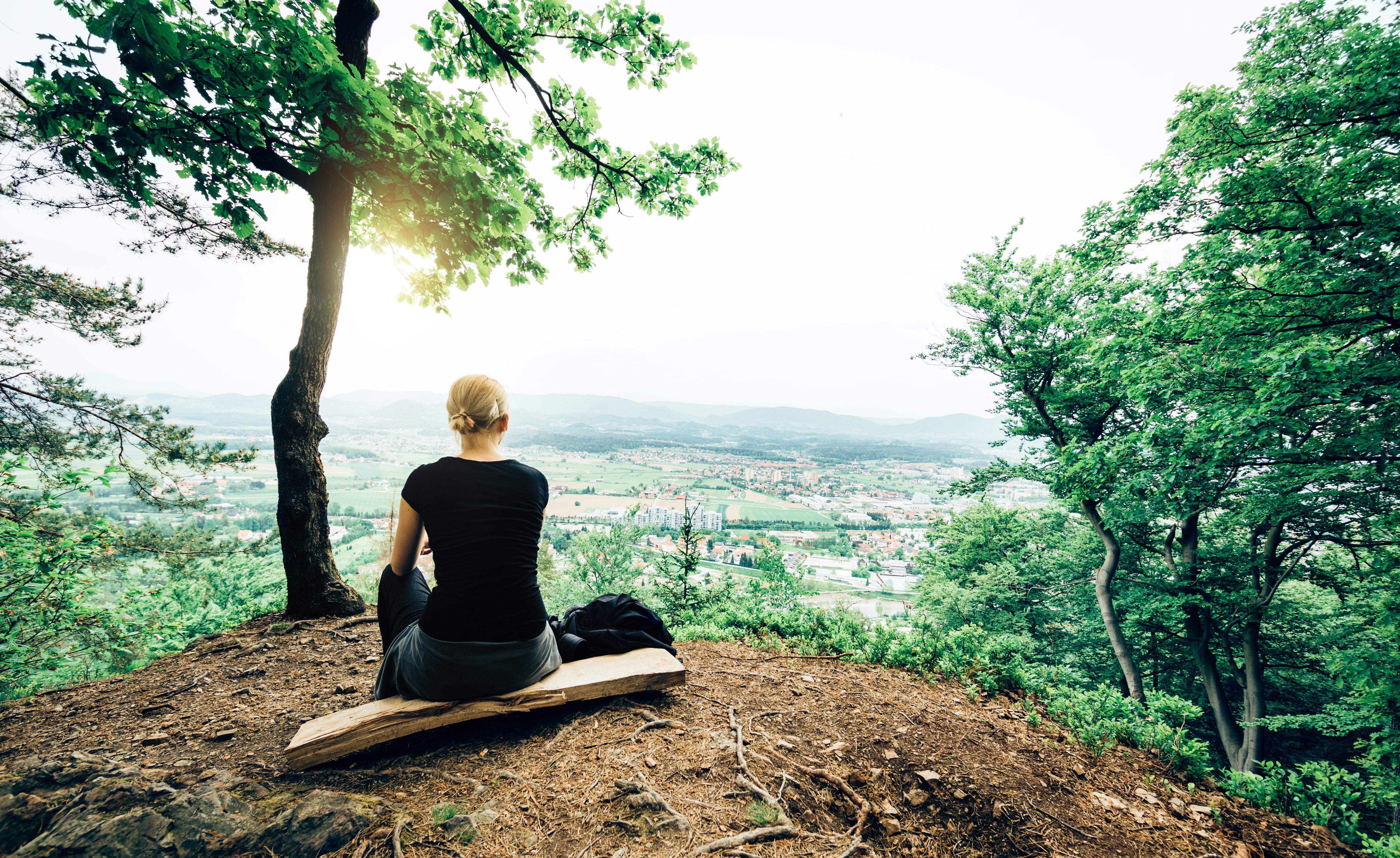Forcing mental health patients outdoors may increase anxiety levels, study finds
‘Nature is no silver bullet’, Adam Forrest reports

Giving people so-called “green” prescriptions by sending them outdoors to treat mental health conditions may undermine any potential benefits by making them feel more anxious, a new study has suggested.
Researchers found being out in nature can create a sense of positivity and well-being – but it only works if people make the decision to visit green spaces themselves.
The findings follow an announcement by the UK government earlier this year that £4m would be set aside for a two-year pilot scheme to encourage patients to spend more time outdoors.
Yet team of researchers, led by the University of Exeter, found that any benefits of being in nature were undermined when visits felt forced or pressured, rather than made by choice.
The experts also said they were surprised to find how much people with depression and anxiety were already using natural settings such as parks to help alleviate symptoms.
They found that people with depression were already visiting nature as frequently as people with no mental health issues – while people with anxiety were visiting significantly more often than those with no mental health issues.
Dr Michelle Tester-Jones, who led the research, said: “These findings are consistent with wider research that suggests that urban natural environments provide spaces for people to relax and recover from stress.
“However, they also demonstrate that healthcare practitioners and loved ones should be sensitive when recommending time in nature for people who have depression and anxiety.
“It could be helpful to encourage them to spend more time in places that people already enjoy visiting, so they feel comfortable and can make the most of the experience.”
The Exeter-led team collected data from more than 18,000 people in 18 different countries. A key aim was to understand why people feel motivated to spend time in nature, how often they visit, and how social pressure influences their emotional experiences during visits.
On the whole, both groups also tended to feel happy and reported low anxiety during these visits. But scientists noticed the benefits of nature were undermined when visits were not by choice.
The researchers believe their study, published in the journal Scientific Reports, provides evidence that encouraging access to nature needs to be carefully integrated with existing treatment options.
Dr Mathew White, who co-ordinated the international research team, added: “We had no idea just how much people with depression and anxiety were already using natural settings to help alleviate symptoms and manage their conditions.
“Our results provide even greater clarity about the value of these places to communities around the world, but also remind us that nature is no silver bullet and needs to be carefully integrated with existing treatment options.”

Join our commenting forum
Join thought-provoking conversations, follow other Independent readers and see their replies
Comments